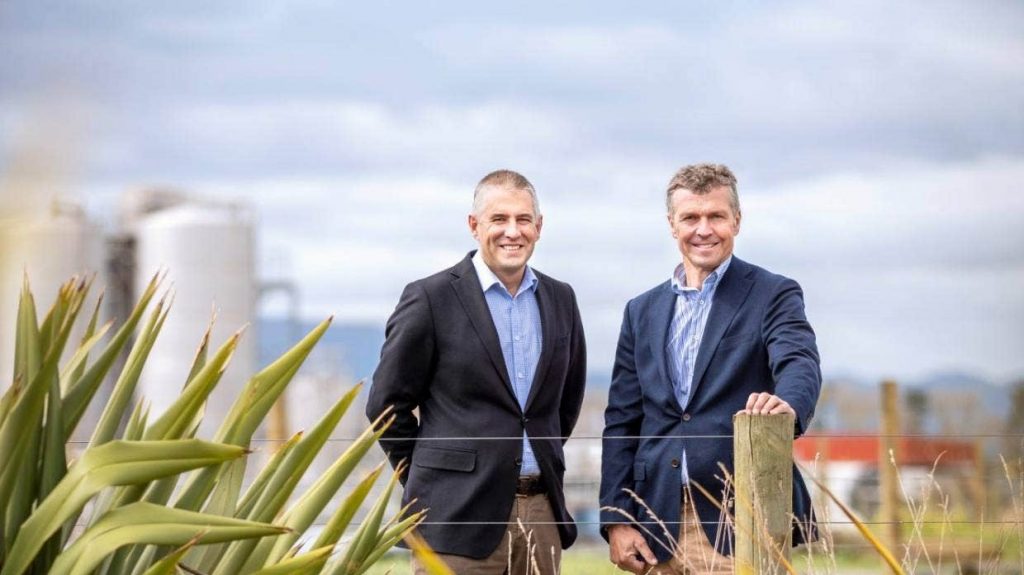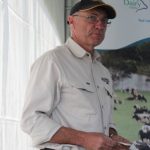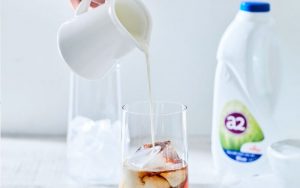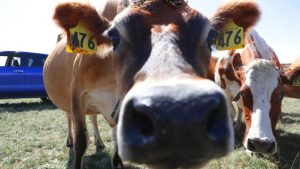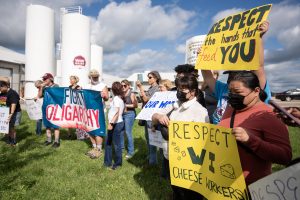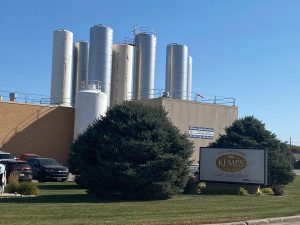
Tatua Co-Operative Dairy achieved group revenue of $381 million, and earnings of $151m, in its financial results for 2019-20.
Group revenue was the income received from selling product, goods and services. Earnings was the profit before milk payments to suppliers and tax.
The company, based in the Matamata-Piako district, processed 15.15 million kilograms of milksolids supplied by its shareholders.
Its group earnings of $151m equated to $9.96 per kilogram of milksolids, before retentions for reinvestment and taxation. It was an improvement on $9.66 the previous year.
The company confirmed a cash payout to supplying shareholders of $8.70 per kilogram of milksolids.
It retained earnings, for reinvestment of $1.26 per kilogram of milksolids, equivalent to $19.1m before tax.
Chief executive Brendhan Greaney said the company had about 100 staff working from home shortly after the pandemic hit, in New Zealand, China, Tokyo and the US.
“I was really impressed with the way staff looked after each other and how they looked after the company.
“They showed exceptional commitment in the most challenging times.”
Greaney said the earnings the company held back for reinvestment would keep its debt levels in check but also go towards ensuring the business remained sustainable.
It included building a new wastewater treatment plant and an engineering workshop for staff.
“The big investment of those two, is the new wastewater treatment plant which is $15m.
“It will ensure the water returned to the land, is as close as possible, to being as clean as what it was when we took it out of the ground.”
The new plant would be completed early in 2021.
Greaney said the company had a “weighty programme for the year ahead” to increase capacity to grow the business.
“To be clear that’s not about processing more milk but adding value to the milk we have.
“There are processes that don’t require raw milk and we can procure ingredients externally and manufacture those ingredients into products we can take to market.”
Tatua had 107 shareholder farms and 307 employees.
Greaney said the company was grateful it was able to keep trading through the Covid-19 alert levels while other businesses struggled.
There were a few long-term lessons taught by the threat of Covid-19, he said.
“It forced our hand really. We had 100 people working from home in 24 hours.
“One of our priorities has been to take stock of what happened and how we want to manage [Covid-19] in the future, especially around impacts of flexible working hours, and technology.”
